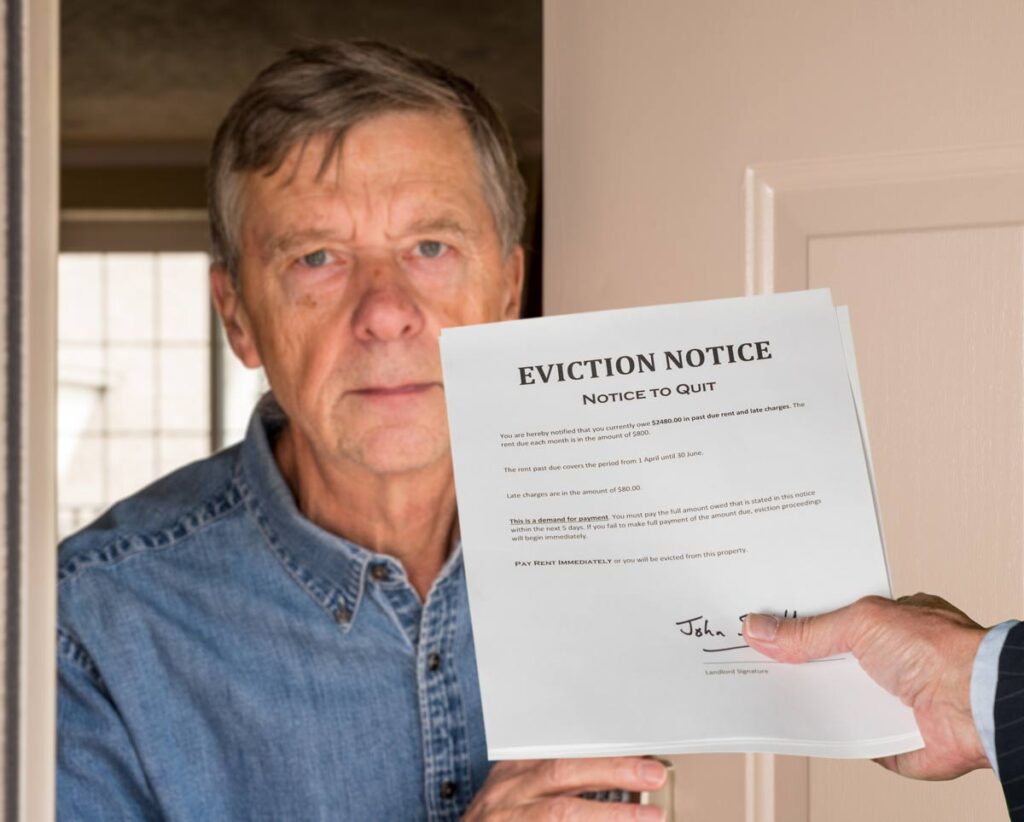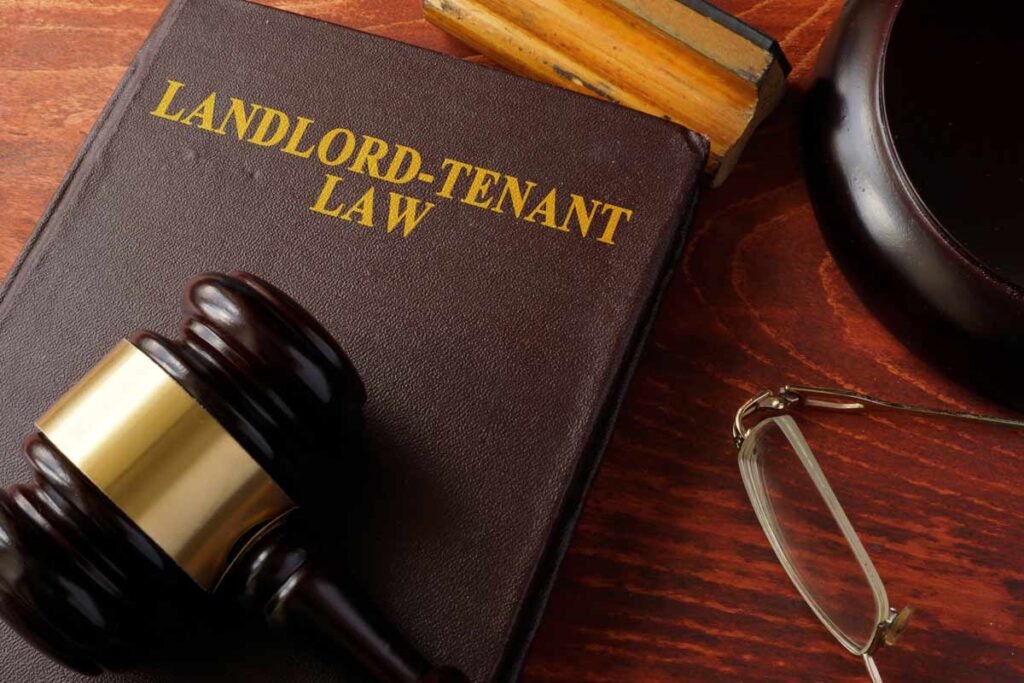FAQ #1: How Should I Handle Tenant Security Deposits in California?
If you are a landlord in California, you are required to follow certain rules when it comes to handling security deposits from your tenants.
First and foremost, you must keep your tenants’ security deposits in a separate, interest-bearing bank account. This account must be in a California financial institution and must be clearly labeled as a security deposit account. This is to ensure that the funds are easily accessible and can be quickly returned to the tenant if necessary.
Next, you must provide your tenant with written information about the security deposit account within 21 days of receiving the deposit. This information should include the name and address of the financial institution where the deposit is held, as well as the account number.
When it comes time to return the security deposit to the tenant, you must do so within 21 days of the tenant moving out. If you are withholding any portion of the deposit, you must provide the tenant with a written itemized statement detailing the reasons for the withholding and the amount being withheld. This statement must be provided to the tenant along with the remaining portion of the deposit within the 21-day timeframe.
It is important to note that, in California, landlords are not allowed to charge a non-refundable security deposit. Any fees or charges that are deducted from the deposit must be for specific, allowable reasons such as damage to the rental property or unpaid rent.
If a tenant believes that their security deposit has been wrongfully withheld, they have the right to file a lawsuit against the landlord in small claims court. Therefore, it is crucial for landlords to carefully document any damages and to follow the above guidelines when it comes to handling security deposits in order to avoid potential legal issues.
FAQ #2: How do I handle a tenant who is repeatedly violating the lease agreement?

As a landlord, it is important to ensure that your tenants are respecting the terms of the lease agreement. This is not only a matter of fairness and mutual respect, but it is also essential for maintaining a positive landlord-tenant relationship and ensuring that your property is well-maintained and properly cared for. Here are some tips on how to handle a tenant who is not respecting the terms of the lease agreement.
First and foremost, it is important to review the terms of the lease agreement and make sure that you understand your rights and responsibilities as a landlord, as well as the rights and responsibilities of the tenant. This will help you to identify any specific issues or concerns that need to be addressed.
If you are experiencing problems with a tenant who is not respecting the terms of the lease agreement, it is important to approach the situation calmly and professionally. Avoid getting confrontational or accusatory, as this can escalate the situation and make the tenant defensive. Instead, calmly explain the issue and provide specific examples of how the tenant is not respecting the terms of the agreement.
If the tenant continues to violate the terms of the lease agreement, you may need to take further action. This may include issuing a warning, imposing a fine, or even pursuing eviction if the behavior persists. It is important to document all incidents and follow the legal steps for eviction in accordance with the rental agreement and state laws.
In some cases, a tenant who is not respecting the terms of the lease agreement may be doing so due to underlying issues or problems. In these situations, it may be helpful to offer support and assistance, such as referring the tenant to counseling or other resources. This can help to address the underlying causes of the behavior and prevent future incidents.
In conclusion, dealing with a tenant who is not respecting the terms of the lease agreement requires a balanced and measured approach. By reviewing the terms of the agreement, approaching the situation calmly and professionally, and taking appropriate action if necessary, you can effectively handle this issue and maintain a positive landlord-tenant relationship.





